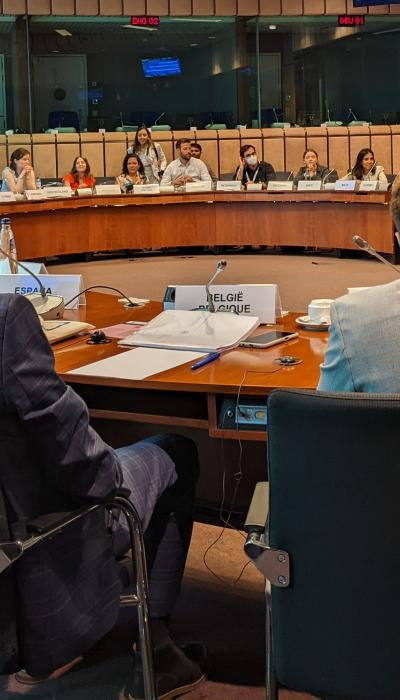Postgraduate Certificate in EU policy making
Certificate programmes
The Postgraduate Certificate (PGC) in EU Policy Making is an online programme focusing on the European Union’s integration process, institutions, decision-making procedures and policies. Its curriculum can be flexibly followed over the course of one or two academic years.
or contact us for questions
